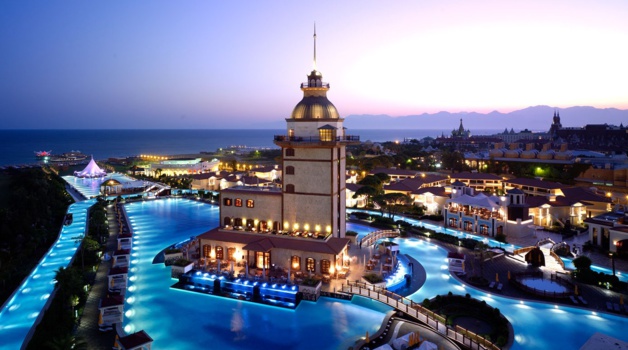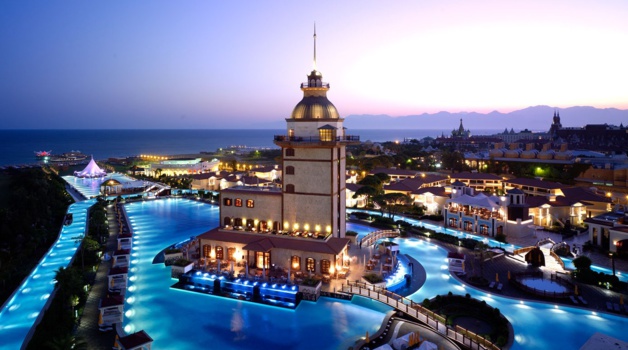
Credit Dee Nee
Le Journal International (JI): Hello Çağrı Bozkurt, you are currently studying at the Karadeniz Technical University in Trabzon, Turkey. Can you give us more details about what you study there?
Çağrı Bozkurt (ÇB): I am currently studying International Relations and this is my bachelor year. I will be graduating next year. I would like to work for a ministry in Turkey, though finding a job there is quite hard.
JI: You spent your previous academic year on an Erasmus exchange in Hradec Králové (Czech Republic). How would you compare your European experience with the one you have had in Turkey? Which differences struck you the most?
ÇB: First, I cannot fully answer this question, because as you said, I was an Erasmus student and thus the professors were more tolerant from what I have experienced. We had friendlier relationships, some of them even were my friends. There was no real “gap” between the students and the professors. It was often beneficial, it made us pay more attention during classes. However, at my university in Turkey, there are gaps between the professors and the students. There is a hierarchy in the relations between professors and students so that you do not really feel comfortable communicating.
Each country has its own culture. I am Turkish and I am fond of my country’s culture. In Turkey, people are more welcoming, you can feel that you belong to a great family with all those people surrounding you. In Europe, when you meet people for the first time, they are more prejudiced. For example, if you are slightly more dark-skinned and you have a beard, most people tend to think immediately that you are Arab, a Muslim and perhaps a terrorist. I tried hard to explain that I am not Arab but Turkish and that all Muslims are not necessarily terrorists. I was amazed to hear that people think we use the Arabic alphabet or a similar alphabet at least. However, when you get to know them more in depth, you can see how friendly, nice and respectful of the others’ views and identities these people can be.
JI: How popular is the Erasmus exchange program in Turkey?
ÇB: It is quite popular in Turkey. Meeting new people and discovering new cultures is a beautiful opportunity for students, along with extending their knowledge in a foreign language. Most Turkish families support their children so that they sign up for the Erasmus program. They encourage them, because they see the Erasmus program as the opportunity to improve their foreign languages.
JI: In the first half of the 20th century, Kemal Atatürk initiated a reform making Turkey’s education system secular and Islam became simply a subject among others, thus losing its status of main educational reference. What is the first feeling young Turkish students get from Islam? Do they study its history, its practises, its different branches – Shiite, Sunni for example – or even its contemporary forms?
ÇB: The young Turkish students see Islam as their own religion. Their approach of it mainly occurs within their families. Most young students have a moderate approach of Islam. We also have classes on religion in primary school, such as “knowledge and culture of religion and ethics”. This curriculum is designed by the government, so the State manages this. Through this, you can channel young people, show them the way of moderate Islam and prevent them from radicalising. As for me, the fact that grammar schools and Imam-Hatip universities (religious schools) exists is something positive for a country where 98% of the population are Muslims. We study the history of Islam, its practises, its different currents (Shiite, Sunni, Alawites…) and we learn general things on the other religions too.
JI: Although Turkey is composed of 98% of Muslims, you more or less study the other religions. Which ones in particular?
ÇB: We don’t study the other religions as thoroughly as we do for Islam, but we study them to have a general knowledge of them. We focus mainly on Christianity and Judaism. We deal with their sacred texts, their prophets… General information in short.




























